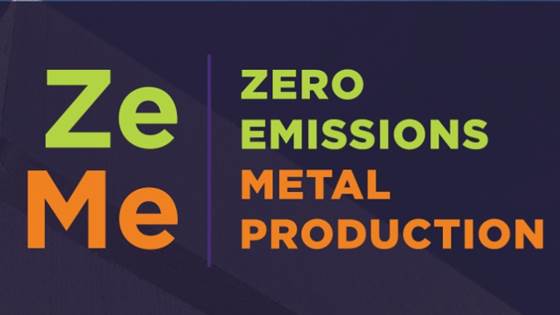
FME ZeMe
FME ZeMe developes the fundamental knowledge and technologies needed by the Norwegian metallurgical industry to become climate neutral by 2050.

FME ZeMe developes the fundamental knowledge and technologies needed by the Norwegian metallurgical industry to become climate neutral by 2050.
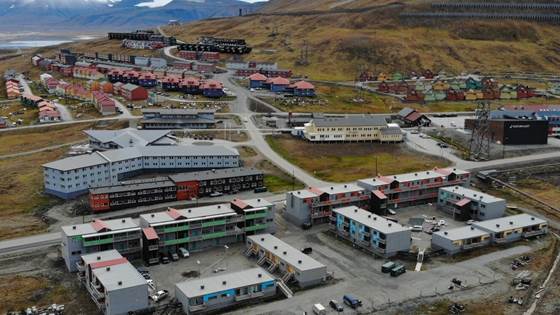
A comprehensive approach to creating materials banks from the built environment
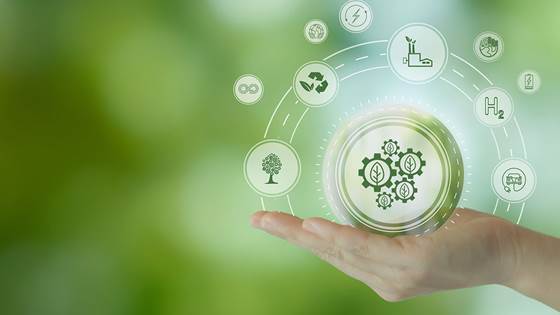
The outcome of this project will lead to an improved process for dissolving and refining Ir, Ru and other PGMs from existing and potentially growing wastes, i.e., PEM electrolysers.
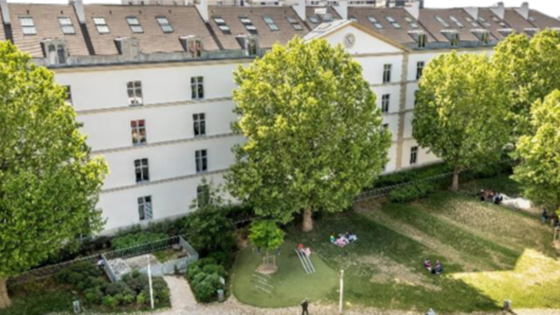
The Affordable Housing Initiative European Partnership
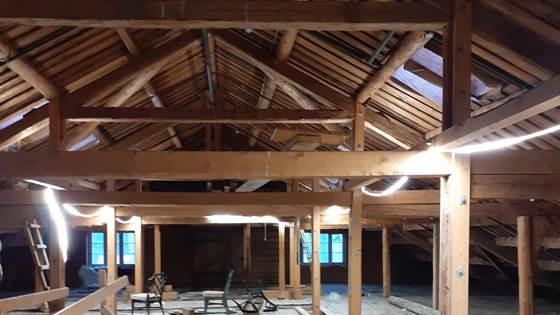
Framework for smart condition reassessment of reclaimed timber to extend the service life of long-lived wood products using non-destructive testing and automated data postprocessing
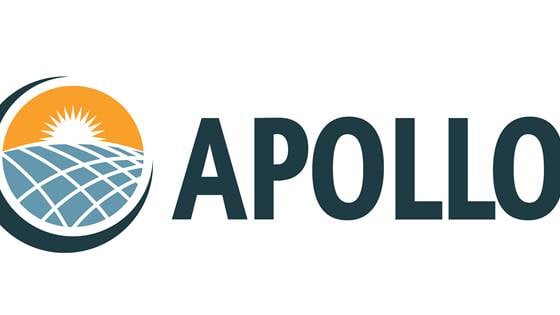
The APOLLO project is set to forge a circular system, intertwining traditional recycling practices with future manufacturing and recycling processes for Photovoltaic (PV) waste modules.

Plastic in packaging materials represents a significant environmental challenge. In this project, SINTEF investigates whether rest raw materials from Norwegian agriculture, also known as agriwaste, can be part of the solution.
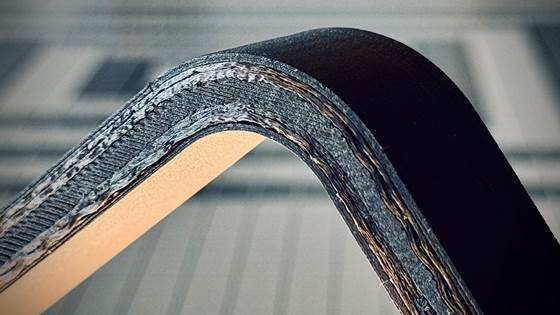
The project targets R&D challenges to the industrialisation of additive manufacturing (AM) technology for composite parts containing either short or continuous fibre-reinforced thermoplastics.
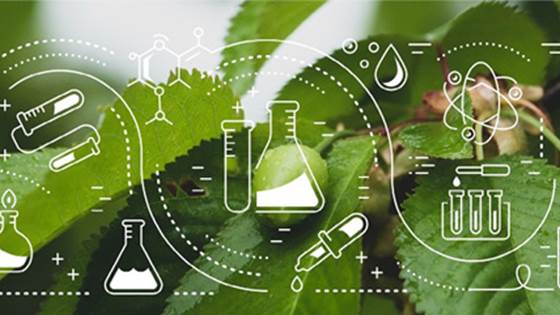
The NordiCoats project is aimed at developing new bio-based epoxy compounds for high-performance applications, with a focus on sustainability and environmental friendliness.
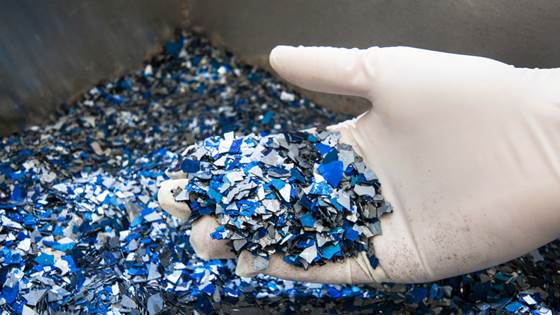
QUASAR ambition is to offer Europe the unique opportunity to move towards competitive PV production and a fully circular economy, by tackling all of the underlying challenges in a holistic way.
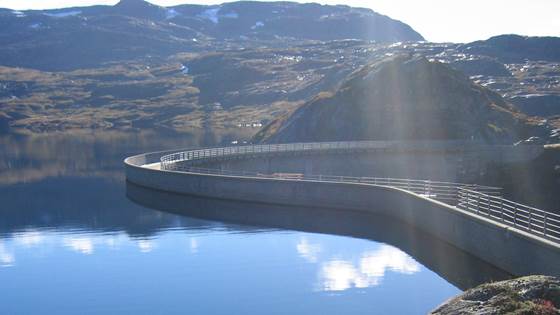
We will find the best solutions to extend the service life of existing concrete structures.
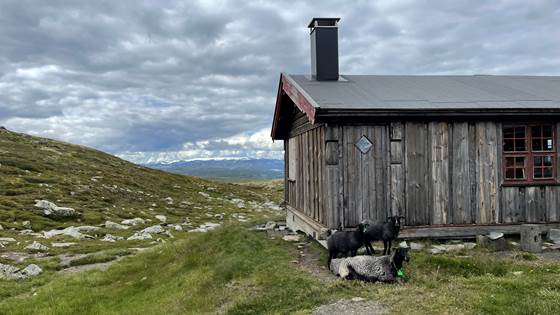
An increased focus on efficient and sustainable animal welfare and food safety has contributed to increased requirements for registration and tracking of farm animals worldwide. RealTimeID offers a new type of active electronic ear tag suitable for...
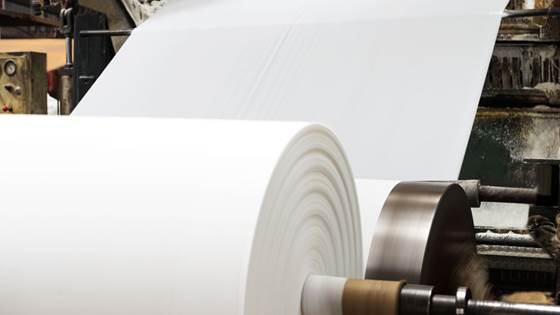
Hydrogen peroxide is today made in large scale using fossil fuels and shipped as diluted solutions. A better way is on-site, modular production using renewable electricity.
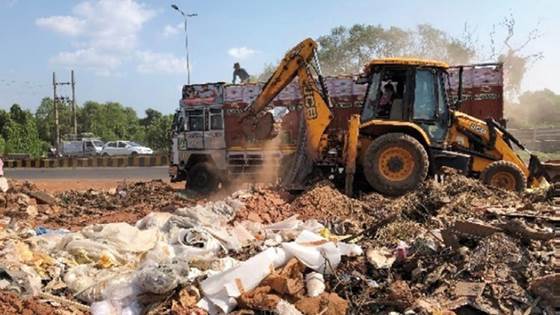
The objective is to raise awareness, build capacity, share knowledge of best practice internationally, and provide technical support and disseminating information to industry and authorities.
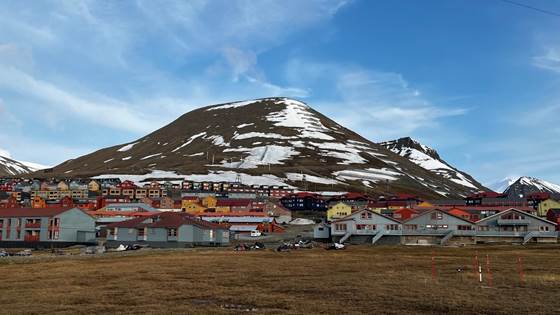
The ZEESA project build knowledge on how to design and operate renewable thermal-electrical integrated energy systems in the Arctic. These systems should be energy- and cost-efficient at same time as they ensure a high security of supply for arctic...
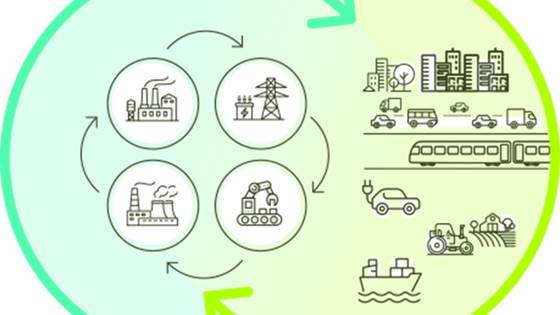
H4C Europe aims to accelerate the transition to industrial symbiosis, industrial-urban symbiosis, and circular economy by promoting what is called Hubs4Circularities.
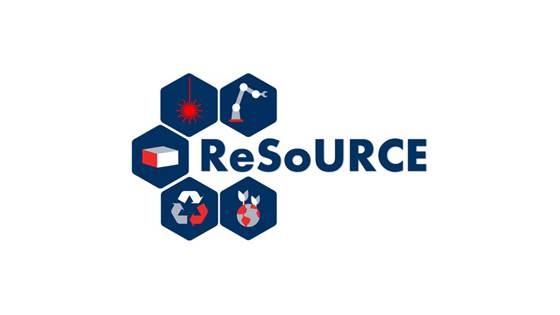
Extractive industries, including refractory raw material production, are responsible for a significant part of the world’s carbon emissions and has a strong impact on the loss of biodiversity. Establishing a circular economy and developing an...
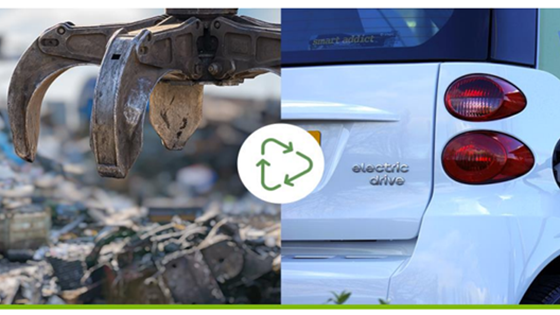
Achieving Europe’s climate-neutral objectives will fundamentally depend on our ability to develop clean energy and mobility solutions in the most sustainable way.